Paycheck-To-Paycheck Nation: How Life In America Adds Up
Enlarge this image
Debi and Nick Lemieur stand together at their home in Havertown, Pa.
Hannah Yoon for NPR
hide caption
toggle caption
Hannah Yoon for NPR
Indeed, the paycheck-to-paycheck lifestyle has long been a widespread affliction. Single mothers live it. Young professionals live it. Even college professors and retired tech workers live it, like the Lemieurs from Pennsylvania. They were among three households that let NPR look at their monthly budgets before and during the pandemic. The budgets offer a window into how life’s costs can sometimes leave little financial wiggle room.
«What comes in goes out, says Debi Lemieur, poring over the spreadsheets with her husband Nick — a weekly drill since the amplifier incident.
These individual stories, like anyone’s, are complex. There are winding career paths and unexpected health crises, loans and credit card debt, difficult choices and a few regrets. But the economic backdrop, too, has been unforgiving even for those with good incomes.
For decades, U.S. wages have failed to keep pace with the rising costs of what many perceive as essential ingredients for a successful American life: good education and healthcare, a home and a family. Student loans are a yoke around young people the minute they graduate, and keep many parents from retiring. Medical bills can set people back for years, like they did for the Lemieurs. A home mortgage and utilities can bite off half of a monthly income, especially in big cities.
Loading…
A snapshot of monthly expenses cannot paint that full of a picture. But it shows how financial strain sustains as incomes change — a tight budget means ignoring a janky phone, while a bit more money can mean finally upgrading — and how life’s setbacks and twists can add up.
«I don’t feel like, even if I’m saving, I’m saving … I’m ever going to get ahead of anything, says Rhonda Alvarez, a dental assistant and mother of two teenagers in Ohio. «I feel like it’s a constant struggle, you know what I’m saying?
‘I shouldn’t have to live paycheck to paycheck’
Rhonda calls them «little spendings. Nothing special or life-altering. New tires swiped onto a credit card. A last-minute birthday gift. Soccer cleats, shin guards and gloves for her youngest teenager.
Enlarge this image
Rhonda Alvarez, a mother of two teenagers in Ohio, is a dental assistant trained for «expanded functions like assisting with fillings.
Rhonda Alvarez
hide caption
toggle caption
Rhonda Alvarez
«You’re trying to be careful and then you’re like, this sucks, she says. «I make decent money now, and I shouldn’t have to live paycheck to paycheck.
Rhonda wishes school would teach children money-management, «it’s way more important sometimes than algebra or geometry, she says. For herself, she’s looked at going back to train as a hygienist, too. But it’s another $30,000 in student loans — more debt she’s not ready to take on.
‘Up and down on a roller coaster’
While more education usually does mean more income over a lifetime, it’s also expensive. The cost of college has more than doubled in just 20 years, and student loans are the fastest-growing type of debt in America. Many people use this money to learn a trade, like Rhonda — or Robi Hamilton.
Enlarge this image
Robi Hamilton spent virtually all she had to come to Austin for massage school. She says her life «blossomed for the first time with full-time massage therapy work and generous tips.
Mary Inhea Kang for NPR
hide caption
toggle caption
Mary Inhea Kang for NPR
Enlarge this image
After moving to Austin, Andrew Mentzel has struggled to book enough gigs as audio and video tech, which only got worse as the pandemic meant canceled live events.
Mary Inhea Kang for NPR
hide caption
toggle caption
Mary Inhea Kang for NPR
Bills are a prominent expense for the two — rent and utilities are pricey in places like Austin. The couple defray the cost by living with a roommate. They have also spent more during the pandemic, thanks in part to the boosted jobless benefits.
A new floppy-eared responsibility entered their life: A long-coat Dalmatian puppy named Libby, both the keeper of household sanity and agent of adorable chaos. Home-bound life called for splurges at GameStop, Nintendo and Google for video games and streaming. Andrew paid off a TV he’d been financing and began a new plan for a bicycle that gets him out of the house.
Enlarge this image
Andrew and Robi walk their puppy, Libby. The pandemic undercut both of their careers. Robi has relied on unemployment benefits since May and Andrew leaned into his work at a restaurant.
Mary Inhea Kang for NPR
hide caption
toggle caption
Mary Inhea Kang for NPR
Enlarge this image
Nick and Debi Lemieur play with their dogs in their backyard. The Lemieurs instated a weekly budget review 14 years ago to account for all of their expenses.
Hannah Yoon for NPR
hide caption
toggle caption
Hannah Yoon for NPR
Nick picked up a school crossing-guard gig — to pay for the beer, he jokes — but had to stop during the pandemic. Debi’s college wages lag in the summer and her tutoring dried up. They’ve deferred some bills, took their two cats off pet insurance, cut back on museum memberships and charity donations.
Looking back, Nick ponders whether their early start on children was what got them into the paycheck-to-paycheck cycle. What if they’d been more disciplined about budgets and savings earlier? Debi shakes her head. She says, they never made enough money.
«We just would have more savings and so it wouldn’t be quite as panicky in our gut knowing that we’re pulling from the savings, Debi says. «I think we still would be living paycheck to paycheck.
- household spending
- Family budgets
- household income
- household wealth
- U.S. economy
- middle class
Обсудим?
Смотрите также:


